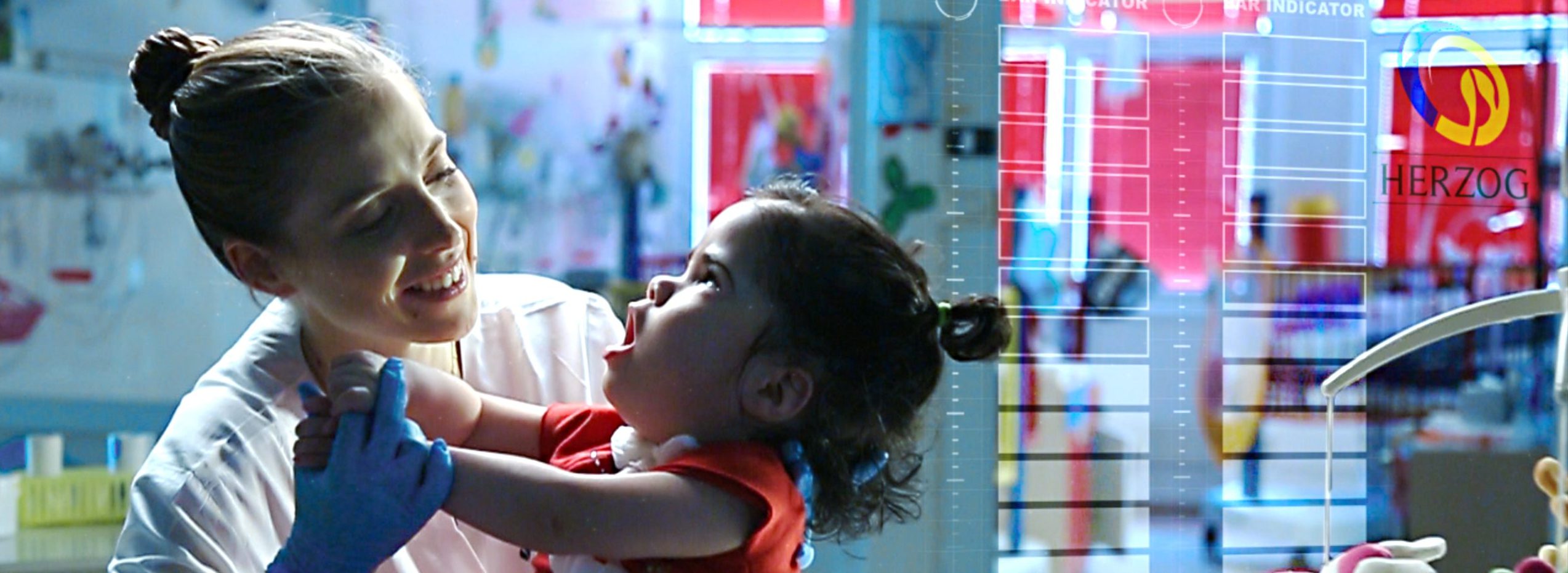Herzog Medical Center is dedicated to improving the quality of life of our next generation – their physical, mental and emotional well-being. The children, youth and young adults that arrive to Herzog represent a wide spectrum of challenges. Established as a leading pioneer in the field of mental health, Herzog Medical Center has grown to include other specializations to address Israel’s growing health needs. This includes dealing with young patients who suffer the effects of congenital defect, genetic disease and trauma. Infants, children and young adults who cannot breathe on their own, who cannot communicate or interact with their immediate surroundings. They are patients that require long-term respirator support while for others it includes rehabilitation and physiotherapy.
At Herzog Medical Center, its dedicated staff pools together its broad array of expertise and knowledge to tailor make a comprehensive plan to care for each patient’s individual needs. From a three month old infant who needs 24 hour ventilation to a bedridden child that can only communicate via their eye movement, to a young adult terror victim suffering from PTSD, Herzog helps move each patient along their unique path of medical and mental health intervention, strengthening their individual recovery while improving their quality of life.
Please click on the following items below to learn more about our specialized work.
In 2004, Herzog Hospital undertook to establish a Children’s Chronic Respiratory Care Department. This was based on our experience and success in treating older patients with chronic respiratory problems, including supporting them for extended periods of time on respirators and weaning them from breathing support.
Patients in this department include adolescents and young adults aged 14 to 25, from all religions and sectors. They arrive in Herzog from intensive care units in other hospitals, due to neurological/genetic diseases, or else coping with severe brain damage and require ongoing respiratory support.
helps young adults, aged 18 – 25, who have a heightened risk to develop mental illness or who are already suffering from existing disorders.

